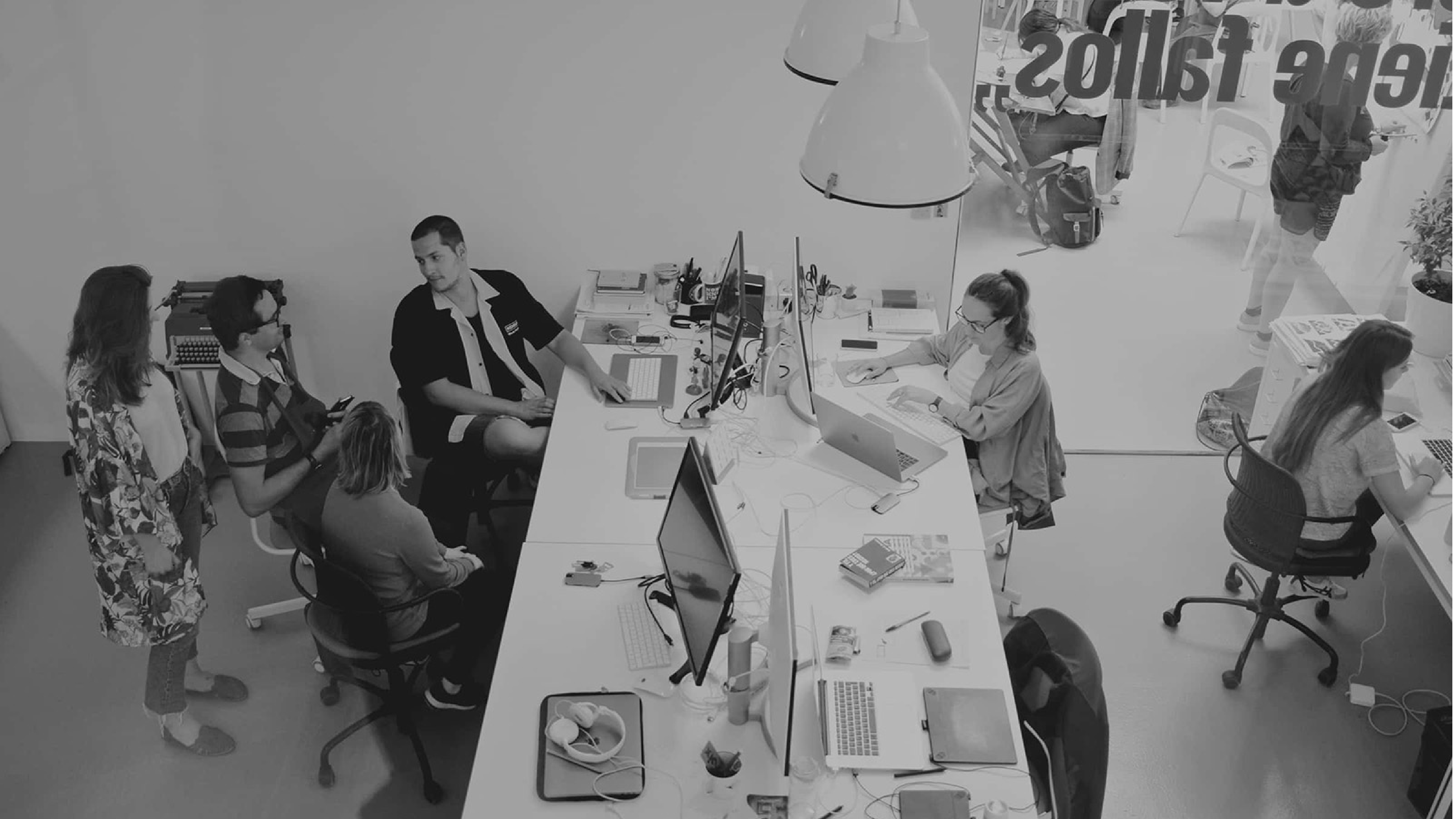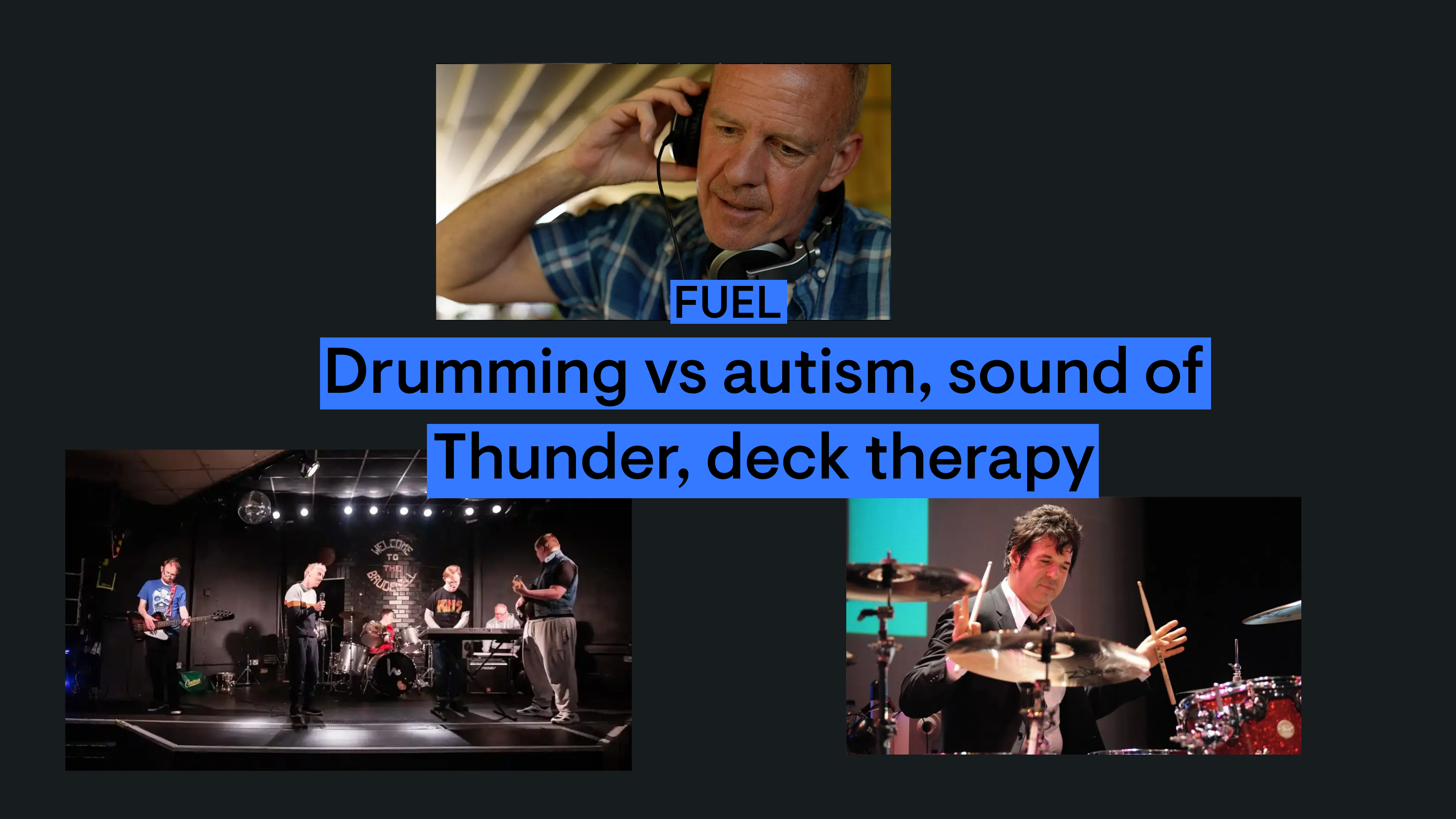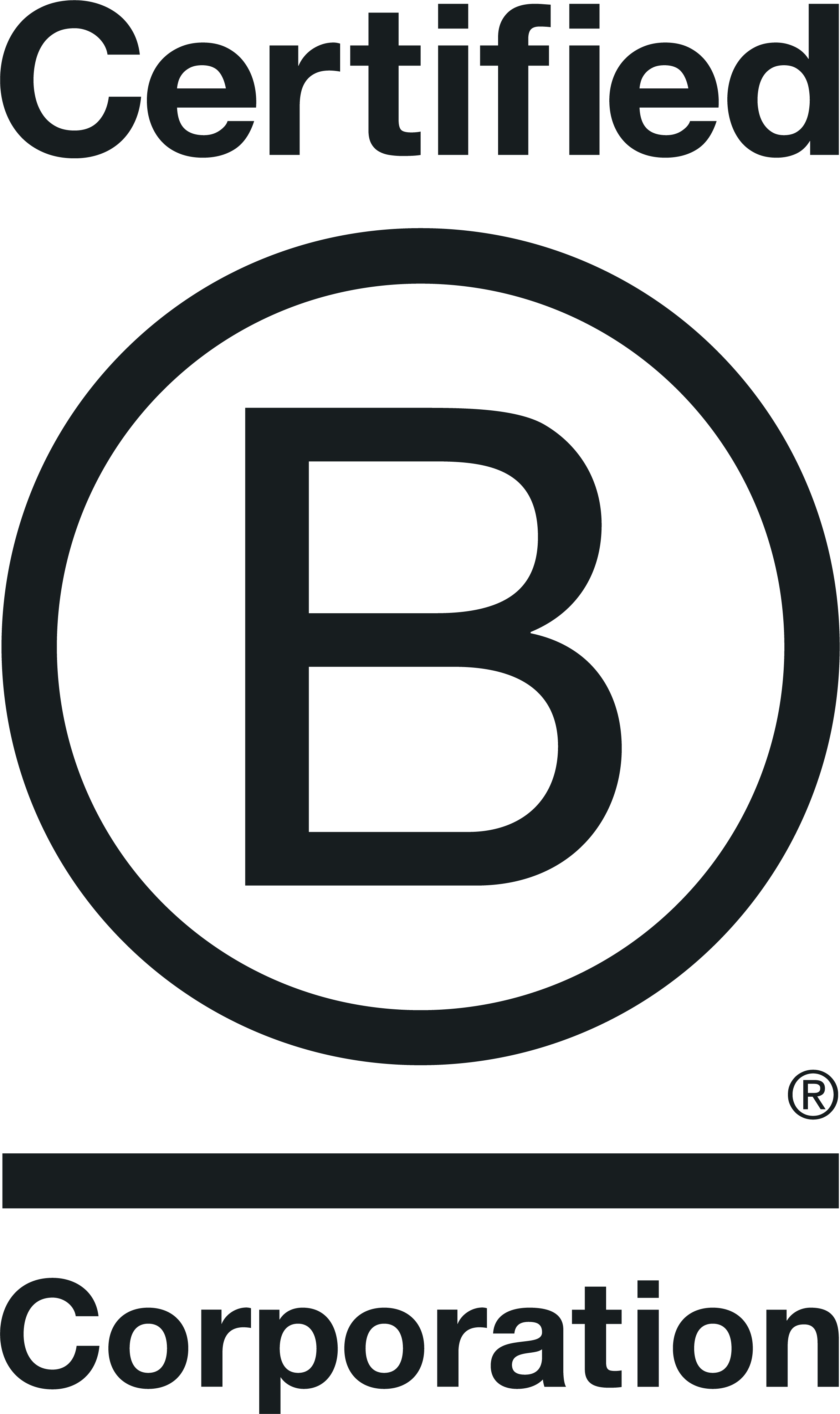As a father of autistic twin boys, I naturally worry about their future. Will they be able to achieve independence and build fulfilling careers? Will they be accepted and well-treated in the workplace? With these questions constantly on my mind, I was reassured and intrigued to discover recently the work of design agency La Casa de Carlota.

With studios in Barcelona, Seville, Sao Paolo, Lima and Medellin, the agency pro-actively recruits people with autism and Downs syndrome and puts them to work alongside neurotypical creatives. This is more than just an experiment in social integration however. The combination of abilities produces some genuinely fresh and original solutions, as big-name clients like Nestlé and Airbnb have discovered.
So, what inspires an agency adopt such a model? Clearly the agency leaders have some appreciation of what autistic people can bring to the creative process.It's widely held that autistic people have a particular view of the world, and that's something that true creativity thrives on. It's precisely these different perspectives, these sideways views that allow us to be creative in surprising and unexpected ways.
There's also a willingness to challenge. Autistic people are fantastically free to speak their minds and that can reveal some fascinating insights – even where those challenges can sometimes seem pretty direct to neurotypical folk. As creatives, the question we habitually ask is, 'Why does it have to be that way?' and that instinct to speak up and question runs strong among people with autism.
Then there's the extraordinary devotion to task. Autistic people can show remarkable focus and ability in certain areas. The clichéd view of neurodiversity involves an uncanny aptitude for mathematics or pattern recognition, but it can extend across a much broader range of creative abilities, whether that's maths, music or illustration.
If they can offer so much, why then aren't there more autistic people in the workplace? The obvious answer is, that among employers there's still a lack of understanding about autistic spectrum disorder (ASD).Even the term 'autistic spectrum' is somewhat misleading – there isn't a spectrum as such, more of a matrix of symptoms that autistic people may or may not display to varying degrees.
It's true that autistic people have particular needs – many experience difficulties with social interaction or sensory overload – and they'll need support in order to contribute positively in the work environment. But practical guidance is available. The National Autistic Society offers advice for employers, so too does the charity Beyond Autism, as well as specialist neurodiversity consultants. In most cases though, what autistic people need comes down to understanding, patience and acceptance.
So while we're having the conversation about diversity in the workplace, let's talk about neurodiversity too. What could autistic people bring to your business?
Learn from about the agency putting diversity at the heart of their offer via this short film from BBC News.




